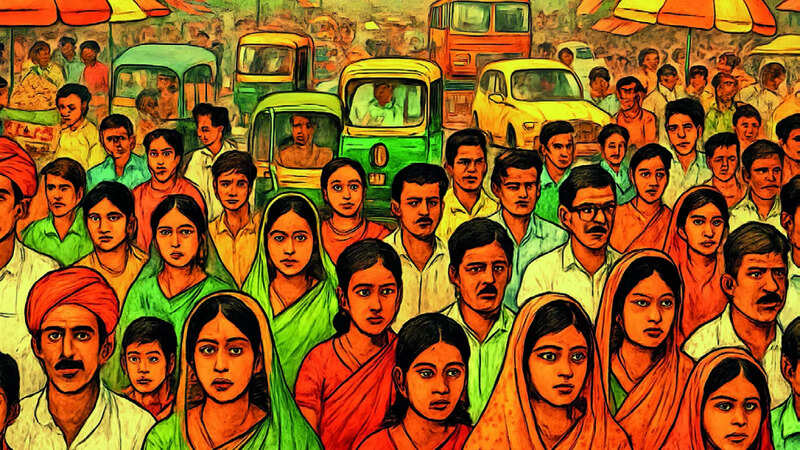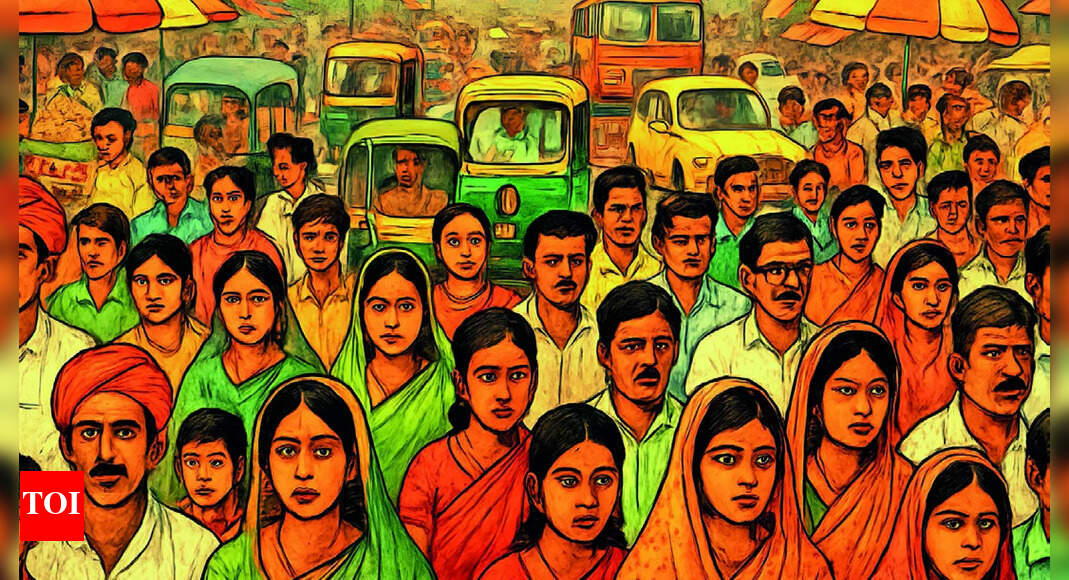
Thousands of years of endogamy may have shaped genetic disease risk in India. Scientists are now trying to identify those risks in communities
In a crowded lab at the Centre for Cellular and Molecular Biology (CCMB), Kumarasamy Thangaraj points to a machine rotating test tubes that contain tissue from an animal model. The process is one step in a months-long study of a genetic mutation recently discovered in a small South Indian community. The variant, when carried by both parents, can lead to a fatal disease in the child.
The mutation likely emerged in an ancestor’s genes thousands of years ago, says Thangaraj. And, because they kept marrying within their group, the variant persisted.

